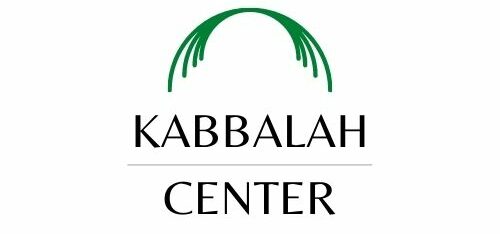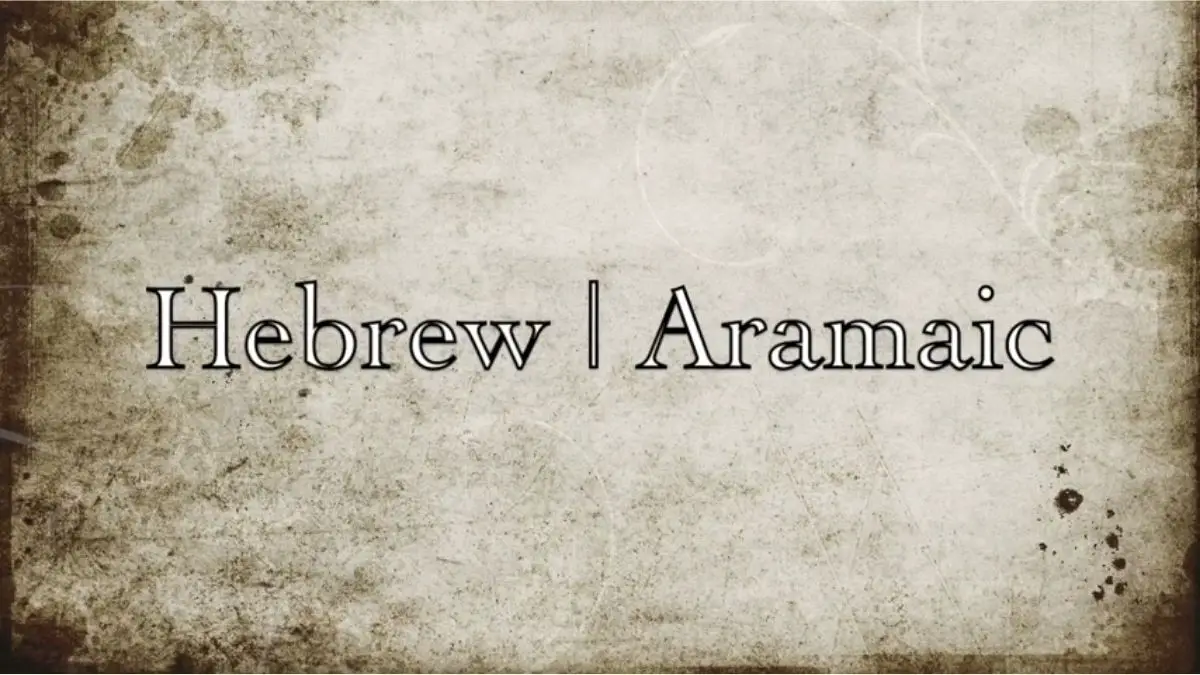The languages known today as Hebrew and Aramaic are closely related, both belonging to the group of Semitic or Canaanite languages (which also includes Ugaritic, Syriac, Phoenician, Arabic, and Amharic). Both originated among peoples who lived in the area of Palestine in the second millennium BC, but Aramaic was the language of an empire — the Assyrian Empire.
The difference is that Hebrew is called the “sacred language” and Aramaic, the “lingua franca.”
Jewish people have always had a wonderful love affair with words. They are extremely sensitive and observant of their beautiful language. There are many unique things about Hebrew, not only in its writing but also in its pronunciations, usage, and sentence structure.
Hebrew is the language of the Jewish people which has been preserved throughout history by way of its survival in the Jewish homeland, and by its maintenance as the language of prayer.
There is a big debate among Jews regarding to what extent Hebrew should be used for daily conversation, literature, poetry…etc..some say that using Modern Hebrew will lead to losing the essence and quality of the ancient Hebrew culture, but others see it as a way to revive and keep the language alive. Hebrew is considered to be a modern version of the ancient Hebrew language, yet it still carries some traits from its roots such as verb conjugation (ie. third person plural present verb conjugation ends with either “t” or “v”).
There are two main differences between Classical Hebrew and Modern Hebrew:
- Phonology- Classical Hebrew has a different set of phonemes (ie. sounds) than those found in Modern Hebrew.
- Morphology- Differences in the way that the verbs are conjugated and how words are inflected for nouns or adjectives, for example.
According to my research, Aramaic is the language of the Jews who lived in Judea or Palestine from 586 BCE till their exile to Babylon (586 – 332 BCE). It was also spoken by Jesus and his disciples. And still today it is spoken in some regions of Turkey and Iraq.
Aramaic belongs to the Afro-Asiatic language family which also includes languages like Akkadian, Arabic, Ethiopic, and Hebrew. The difference is that Hebrew is called the “sacred language” and Aramaic, the “lingua franca.”
Some people believe there are more differences between the two than just pronunciation. They say that Modern Hebrew developed from a different base than ancient Hebrew, due to the fact that Jews were scattered for about two millennia and their language changed with time and place.
In any case, Hebrew was revived as a spoken language in the late 19th century by Eliezer ben Yehuda (1858 – 1918). His efforts gave birth to a new “revived” version of Hebrew that is used today.
Scholars say the Hebrew and Aramaic should really be considered as separate languages, but I have another theory I found something very interesting based on which Dead Sea scroll texts are in Hebrew and Aramaic Jubilee says that Hebrew is the original language of the world, but is at the same language we call Hebrew today.
My argument aims to postulate the Aramaic is the original Hebrew and the Hebrew as we know it is really a derivative up of the original Hebrew, aka Aramaic. Most of the Dead Sea Scrolls are in the so-called Hebrew and Aramaic, but what’s interesting is that when you actually observe when the text would have originally been written you find that most texts root and Aramaic predate most text written in Hebrew in the Dead Sea Scrolls. For example, the Book of Enoch the book of Lamech Noah and Abraham founded the Genesis and the Testament of Levi are all in Aramaic.
These writings is written by who they claim to be written by all originally pre day every writing written from the book of Judges to Maliki found the Dead Sea Scrolls, but every book from the book of Judges to Maliki is in Hebrew in the scrolls.
What I’m saying is simple. If you put the scrolls in order of when they would have originally been written and then attached a language they are written and based on the Dead Sea Scrolls you find, that there is a clear division of what time period Aramaic was used and what time period Hebrew was used, so with that said here is my theory. Aramaic is the original Hebrew referenced in the book of Jubilees that’s why all the early writings are in Aramaic when the Babylonian captivity occurred the Jews adopted a version or dialect of Aramaic, which is the Hebrew language.
We know today the Essenes kept the books written in the original languages and copied them in the original languages, because they view these early air make writings as the original Hebrew language and is extremely sacred, but the writings that were meant to be for public use they copied in Hebrew.
This would explain why Moses writings which according to my theory whatever probably originally been written in the air may are on Hebrew and the scrolls instead of Hebrew replacing Aramaic.
Aramaic just branched off and became another Semitic dialect I don’t always trust your binnacle writings however I find it interesting that wanted them set Adam spoke Aramaic this idea fits well with my theory. It is also believed that, Jesus Christ spoke Aramaic it seems likely that the Messiah would have spoken the original language of the world.
Is Aramaic a dead language?
Aramaic is not a dead language, because there are several communities in Israel that keep speaking Aramaic in order to preserve this language.
Is Aramaic hard to learn?
Aramaic is could be an easy language to learn if you have a basic knowledge of Hebrew or Arabic. Otherwise, it would be very difficult to learn Aramaic for native American English speakers or other European languages.
Can Hebrew speakers understand Aramaic?
No, because Hebrew and Aramaic do not share at all same words. There are few letters that are similar in Hebrew and Aramaic, though.
Conclusion
Although both languages are spoken by Jews, the only difference between the two is that Aramaic was the language of a great empire while Hebrew originates from ancient Palestine. There are many similarities such as verb conjugation and syntax which can be seen even in today’s Modern Hebrew. Both languages continue to be alive thanks to their holy origins and their use in the Jewish religion.

